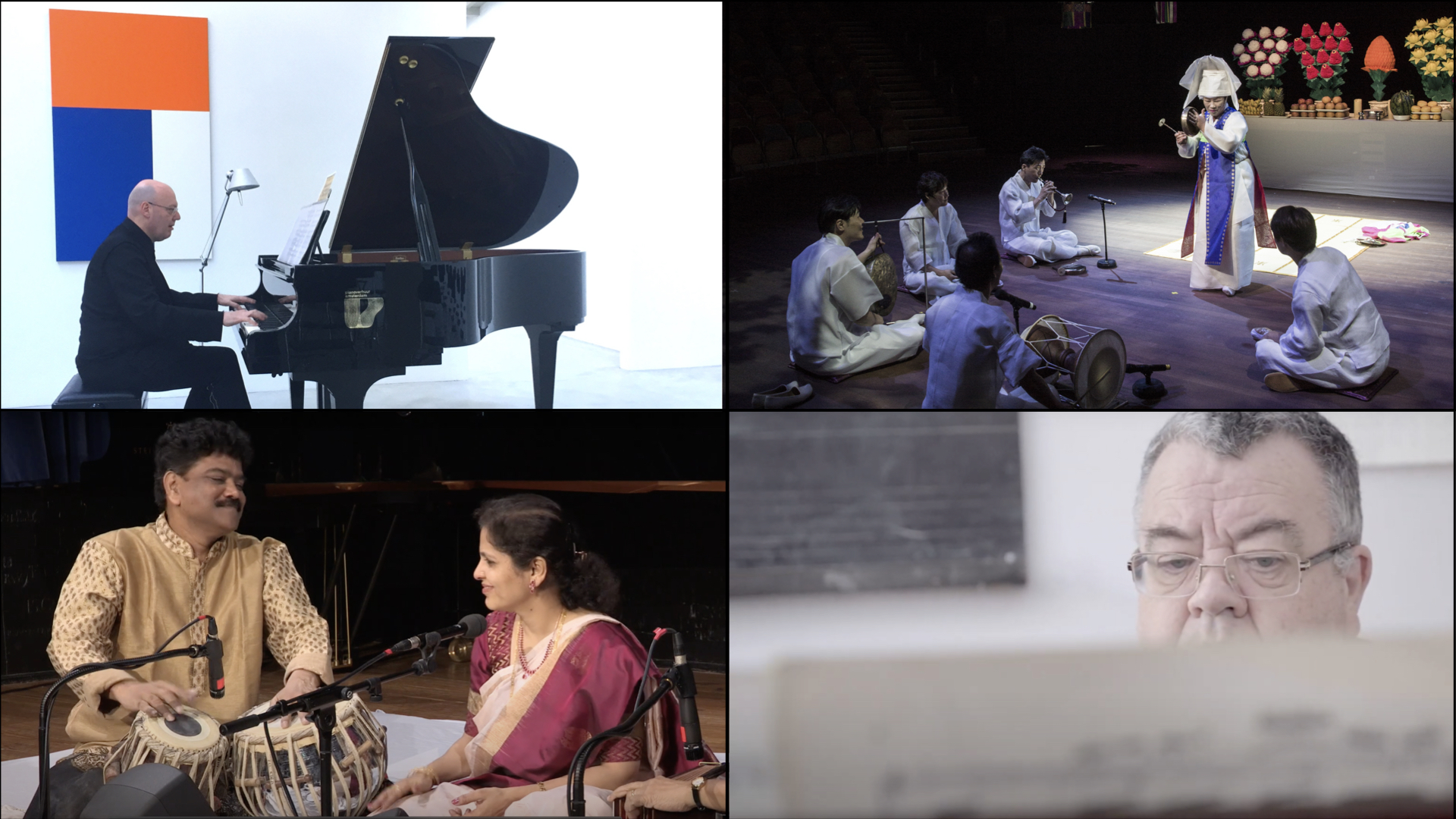Department of Music

Welcome to the Department of Music
The Department of Music submitted 18 members of staff, comprising 16.95 Full-Time Equivalent (FTE) staff, to the REF Music, Drama, Dance, Performing Arts, Film and Screen Studies UoA. The submission included two Early Career Researchers.


Bringing the music of great composers back to life
Our extraordinary music research has helped to bring back the forgotten music of two great classical composers to modern audiences.
About Us
Crossing boundaries
Our research crosses boundaries, whether disciplinary, thematic, or national. We regard music research as inherently multidisciplinary: requiring different perspectives, from historical and analytical, to psychological and ethnographic, to composing and performing. We cross boundaries between disciplines and themes of research by means of funded interdisciplinary projects, hosting international visitors, and collaborations with Research Centres and Institutes. We help students to look beyond boundaries by challenging the assumed truths about musical histories, practices, and social and perceptual processes.
Taking pride in diversity
We actively enhance the diversity of music scholarship by promoting topics of neglected music, non-Western music and audiences, and demonstrating how authority and power – including gender and nationality – has influenced our views on music across time and place. We explore these themes in the musical practices of 19th century Europe and its colonies but also beyond the West (in India, Korea, and Japan). Our composers and performers explore the themes of authority and boundaries (nations, continents, genres, spaces, and mediums) in their work.
Exceptional resources
We have invested in specialist facilities for audio-visual recording and analysis, which are used in research and teaching on performance, music psychology and ethnomusicology. University investment in music performance venues has enabled us to host concerts in a newly refurbished historic venue in the UNESCO World Heritage Site. The University has become an All-Steinway School to provide the best quality of instruments for staff and students. Our research and teaching are steeped in digital humanities and we have created significant digital collections of music performances that promote open science policies.
Understanding the value of music
Music can have tremendous value and makes a positive impact on people’s daily lives. Understanding music offers unique insight into what shapes us as individuals, and our histories and societies. In our research, we examine the ways in which music can connect with memories and with other people, shape identities, strengthen social values and histories and express emotions. These themes speak about the value of humanities more broadly and allow us to contribute to the contemporary debate about the importance of arts and culture.
Music REF Impact Case Studies
Music submitted two impact case studies including British and Indian music.
View some of our Highlights
Khyal: Music and Imagination
Bringing the music of Parry and Stanford to wider audiences
Research Areas
The Department focuses on the following research areas including Music and Science, Ethnomusicology, Composition, Performance, Music Theory and Analysis, and Musicology.
Like to Know More?
Academics from the department founded and lead the interdisciplinary research centre CNCS, which spans interests and themes across the Faculty of Arts and Humanities and the wider University.
Please click the links below to find out more about our research and study opportunities.



/prod01/prodbucket01/media/durham-university/departments-/music/KHYAL-Brochure.png)
/prod01/prodbucket01/media/durham-university/departments-/music/research-images/75709-648X521.jpg)

/prod01/prodbucket01/media/durham-university/departments-/music/composite2_square.jpg)
/prod01/prodbucket01/media/durham-university/departments-/music/45088-800X571.jpg)